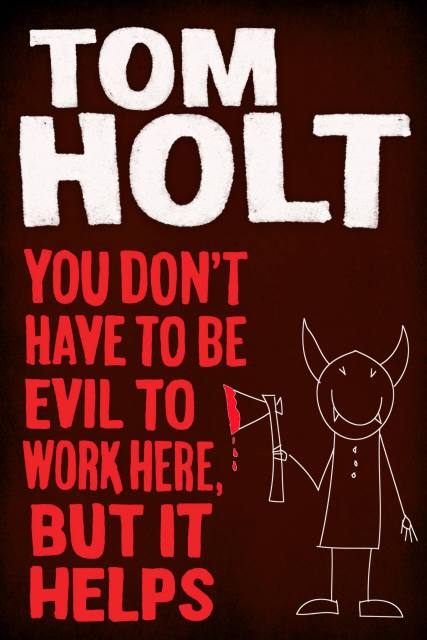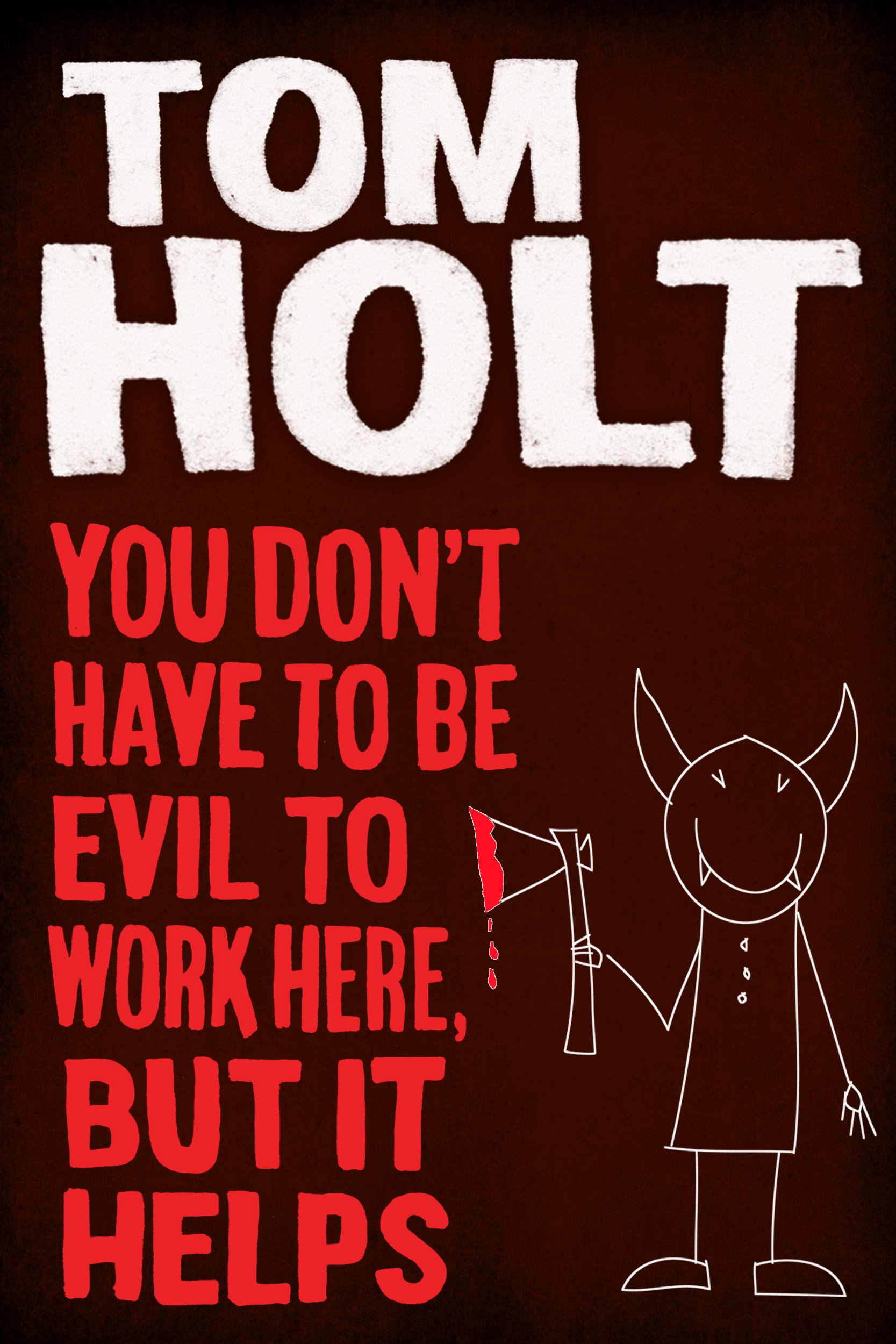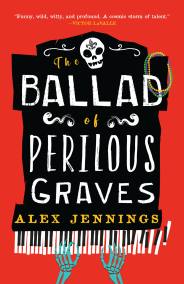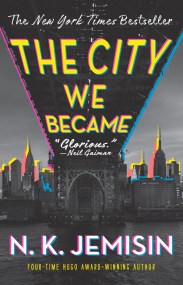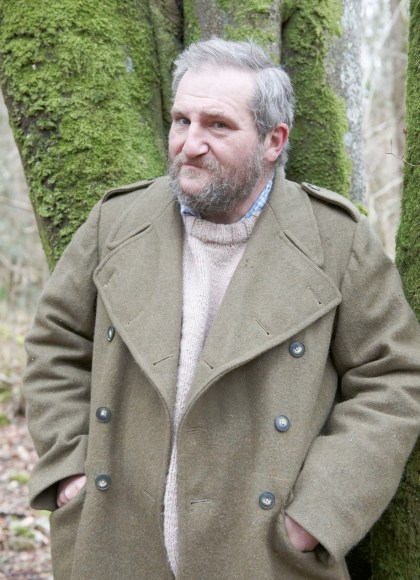You Don't Have to Be Evil to Work Here, But it Helps
Contributors
By Tom Holt
Formats and Prices
Price
$5.99Format
Format:
ebook (Digital original) $5.99This item is a preorder. Your payment method will be charged immediately, and the product is expected to ship on or around September 4, 2012. This date is subject to change due to shipping delays beyond our control.
Also available from:
“Tom Holt may be the most imaginative satirist to land on our shores since Douglas Adams.” — Christopher Moore, New York Times bestselling author
At least his father has a plan to turn things around – a new work force that will improve profit margins and secure the company's future for all eternity. The deal looks great on paper, but they do say that the devil is in the detail – and the arch fiend definitely seems to be involved in some capacity. Colin needs help. Perhaps his new friend from J.W. Wells & Co. (Practical and Effective Magicians, Sorcerers and Supernatural Consultants) can help. . .
The J.W. Wells & Co. Series:
The Portable Door
In Your Dreams
Earth, Air, Fire and Custard
You Don't Have to Be Evil to Work Here, But It Helps
The Better Mousetrap
May Contain Traces of Magic
Other titles from Tom Holt:
Doughnut
When It's A Jar
The Outsorcerer's Apprentice
The Good, the Bad and the Smug
The Management Style of the Supreme Beings
An Orc on the Wild Side
Holt Writing as K. J. Parker:
Sixteen Ways to Defend a Walled City
How To Rule An Empire and Get Away With It
A Practical Guide to Conquering the World
Genre:
- On Sale
- Sep 4, 2012
- Page Count
- 352 pages
- Publisher
- Orbit
- ISBN-13
- 9780316233484
Newsletter Signup
By clicking ‘Sign Up,’ I acknowledge that I have read and agree to Hachette Book Group’s Privacy Policy and Terms of Use
